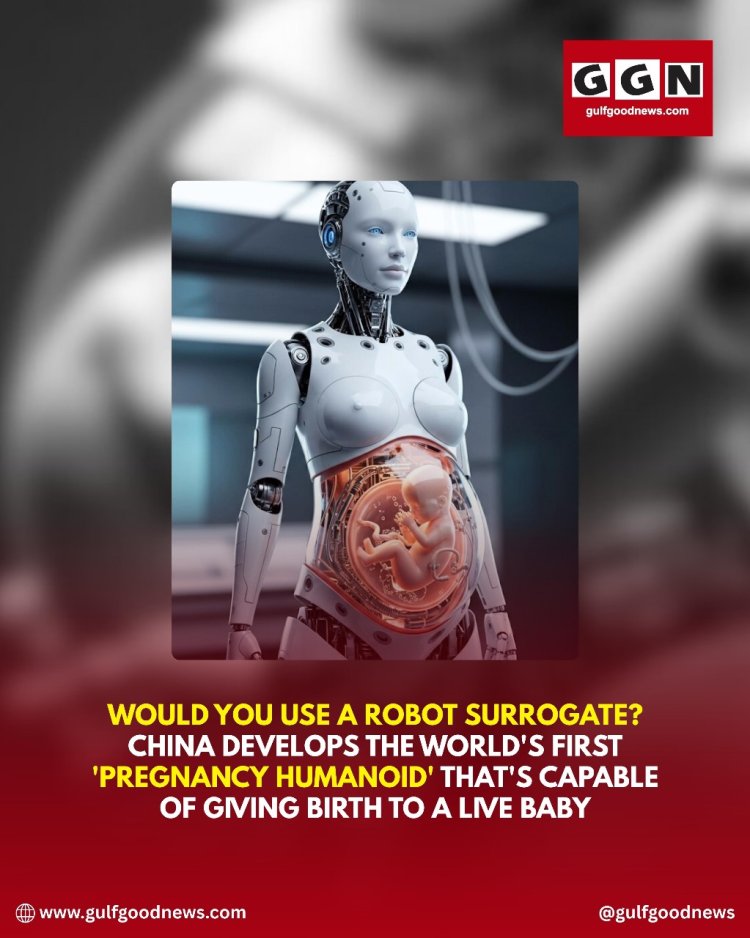China Develops World’s First ‘Pregnancy Humanoid’ Capable of Giving Birth to a Live Baby

In a groundbreaking scientific development, China has unveiled the world’s first “pregnancy humanoid,” a robot surrogate designed to carry and give birth to a live baby. The innovation marks a significant leap in reproductive technology and artificial intelligence, sparking both excitement and ethical debate worldwide.
Researchers behind the project highlight that the humanoid is equipped with advanced biological simulation systems, artificial womb technology, and monitoring sensors capable of mimicking natural pregnancy conditions. The aim is to provide a safe, controlled environment for fetal growth while reducing risks associated with human pregnancies.
While the technology is still in its early stages, experts suggest that it could transform the future of fertility treatments, particularly for couples facing medical or biological challenges in conceiving. However, the development has also raised moral and ethical questions about the role of technology in human reproduction and the potential societal impact of artificial surrogacy.
The announcement has triggered a global conversation: Would people be willing to use a robot surrogate, and how might it reshape family, society, and medicine in the years ahead?























